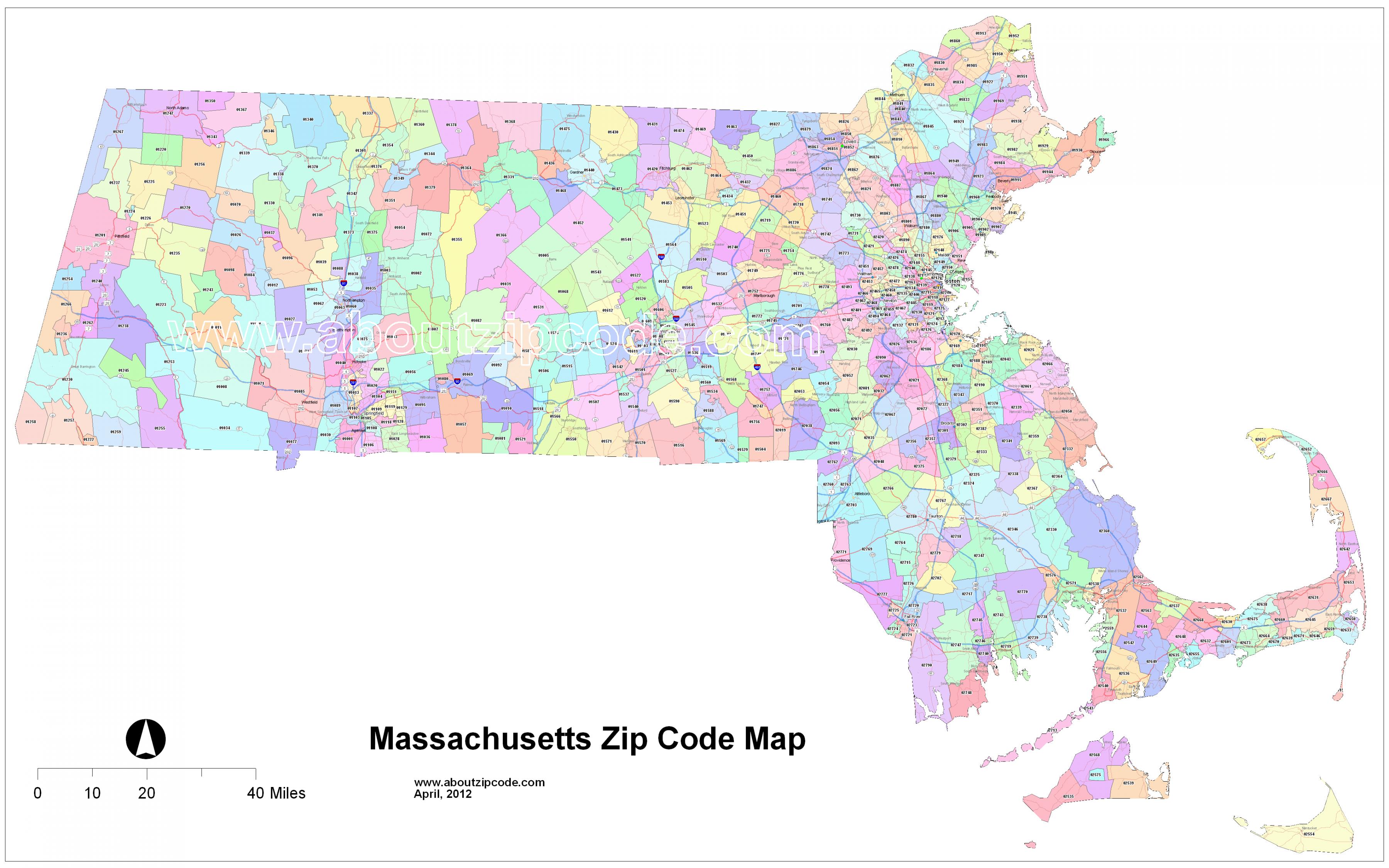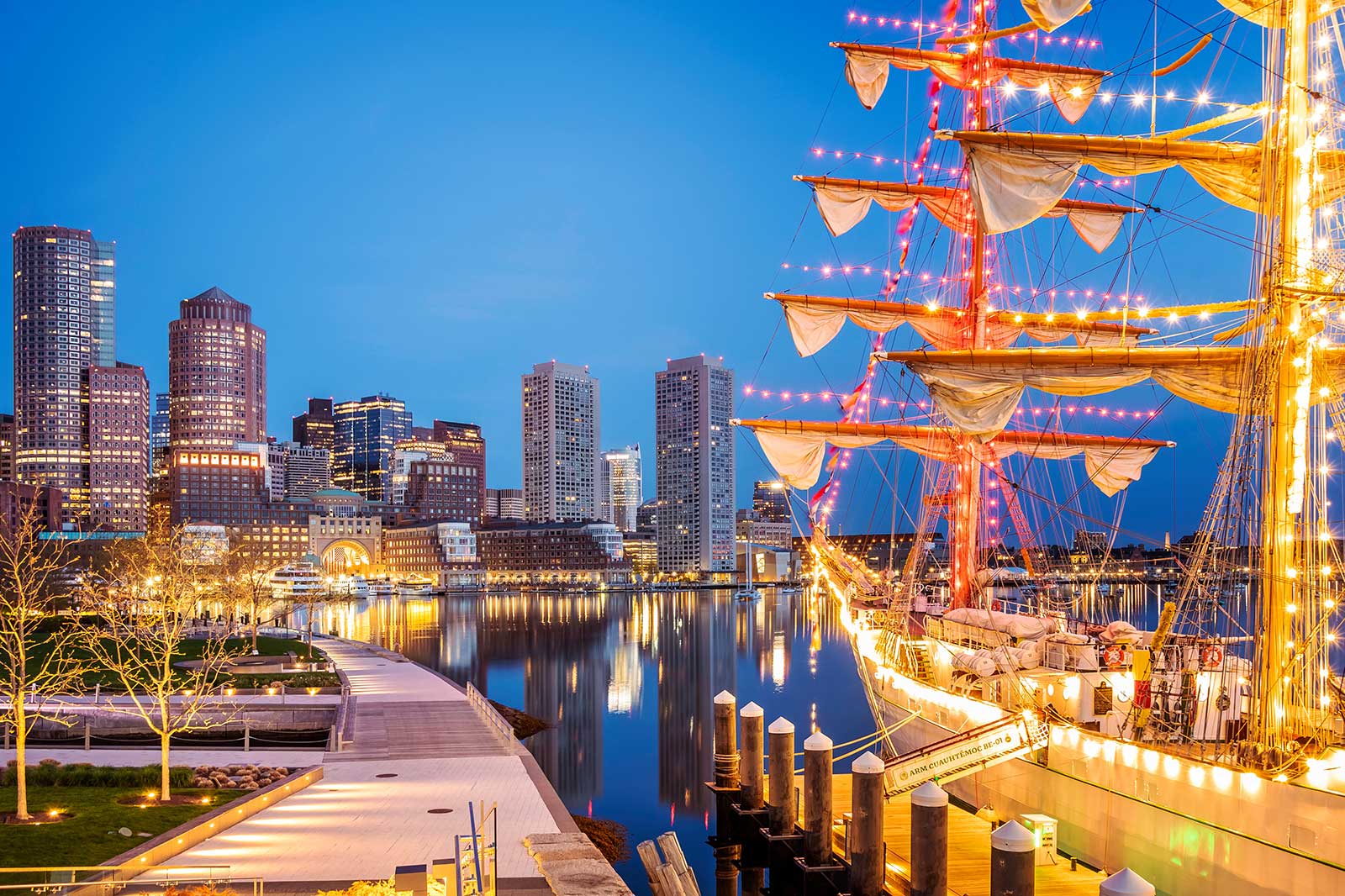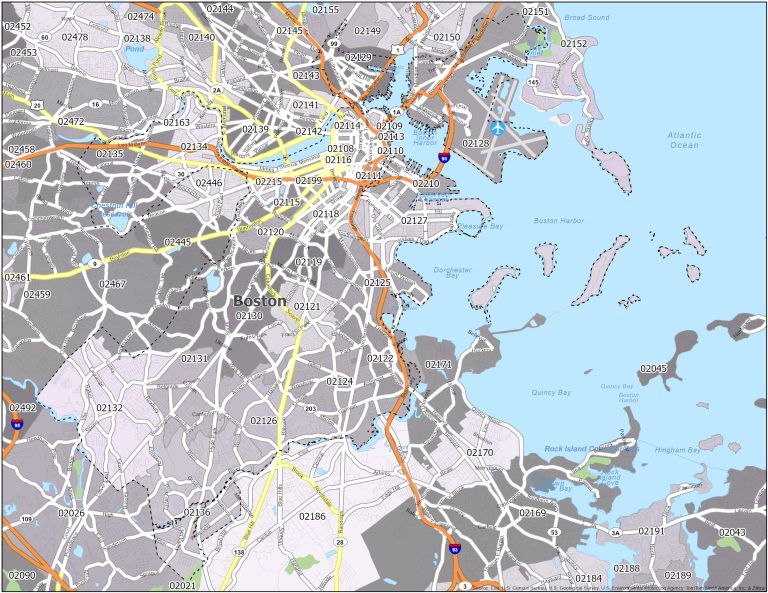So here we are, diving into the fascinating world of number code for Boston! Ever wondered what those mysterious digits mean when they pop up on your screen or in conversations about this iconic city? Well, buckle up because we're about to unravel the secrets behind these enigmatic numbers. From area codes to zip codes, there’s a whole lot more than meets the eye when it comes to decoding Boston's numerical language. This is gonna be an exciting ride, trust me!
Think about it—Boston’s not just a city; it’s a melting pot of history, culture, and innovation. And numbers play a crucial role in shaping its identity. Whether you're trying to make a phone call, send a package, or simply impress your friends with some trivia, understanding the number code for Boston is key. So, let’s get started and turn those digits into knowledge!
Now, before we dive deep into the nitty-gritty, let’s set the stage. This article isn’t just about random numbers; it’s about connecting the dots between Boston’s rich past and its modern-day systems. By the end of this, you’ll have all the tools you need to decode any numerical mystery related to Beantown. Stick around, because this is where the fun begins!
Read also:Vanessa Kirby Husband A Closer Look At Her Love Story
What Exactly is the Number Code for Boston?
Alright, let’s break it down. When we talk about the number code for Boston, we’re usually referring to either the area code or the zip code. These two systems are like the city’s fingerprint, helping us pinpoint locations and connect people. But what exactly do they represent, and why are they so important?
Area codes were introduced back in the 1940s to streamline phone calls across the country. For Boston, the original area code was 617, and it still holds strong today. However, as the city grew, so did the demand for phone numbers. That’s where the overlay area code 857 comes in, sharing the same boundaries as 617. Cool, right?
Zip codes, on the other hand, are all about postal delivery. They help ensure your mail gets to the right neighborhood without getting lost in translation. Boston’s zip codes range from 02108 downtown to 02135 in the suburbs. Each one tells a story about the city’s layout and development.
Understanding Area Codes: The Backbone of Communication
Area codes are like the unsung heroes of communication. Without them, making a phone call would be a chaotic mess. In Boston, the number code you dial depends on where you’re calling from and to. If you’re within the same area code, you don’t need to include it. But if you’re calling from another state or country, those three little digits become essential.
Here’s a quick rundown:
- 617: The original area code for Boston and its immediate surroundings.
- 857: Introduced in 1997 to handle the growing demand for phone numbers. It overlaps with 617.
So, whether you’re dialing a local business or catching up with a friend, knowing the right area code can save you a lot of hassle. Plus, it’s always good to impress people with your knowledge of these little details!
Read also:Valerie C Robinson Today The Inspiring Journey Of A Remarkable Woman
Zip Codes: Mapping Boston’s Neighborhoods
Now let’s talk about zip codes, the number code for Boston that helps with mail delivery. These five-digit sequences are more than just random numbers; they’re a roadmap to the city’s diverse neighborhoods. Each zip code corresponds to a specific area, making it easier for postal workers to sort and deliver mail efficiently.
Boston’s zip codes start with 021 or 022, followed by three additional digits. For example, 02108 covers Downtown and the Financial District, while 02135 represents parts of Brookline. If you’re sending a package or filling out a form, getting the right zip code is crucial to avoid delays.
How Zip Codes Impact Daily Life
Zip codes aren’t just for mail—they influence everything from online shopping to voting districts. In fact, they can even affect your insurance rates and property taxes. So, understanding your number code for Boston can have real-world implications.
Here’s a fun fact: some neighborhoods have multiple zip codes, while others share one. This reflects the city’s complex geography and demographic makeup. For instance, Cambridge, just across the river, has its own set of zip codes starting with 02138 and 02139.
Historical Context: How Number Codes Evolved
Let’s take a trip back in time to see how number codes for Boston came to be. In the early days, communication relied on operators manually connecting calls. But as technology advanced, so did the need for a more efficient system. Enter area codes and zip codes, designed to streamline communication and delivery across the nation.
Boston’s first area code, 617, was introduced in 1947 as part of the North American Numbering Plan. It was a game-changer for the city, allowing businesses and residents to connect with ease. Decades later, the introduction of 857 reflected the city’s rapid growth and evolving needs.
The Role of Technology in Shaping Number Codes
Technology has played a huge role in shaping the number code for Boston. From rotary phones to smartphones, the way we communicate has changed dramatically. Today, area codes and zip codes are integrated into our digital lives, from GPS navigation to online ordering.
For example, when you order food through an app, the system uses your zip code to find nearby restaurants. Similarly, when you book a ride, the app relies on your area code to connect you with drivers in your vicinity. These little numbers may seem insignificant, but they’re the backbone of modern convenience.
Practical Applications: Using Number Codes in Daily Life
So, how can you apply this knowledge in your everyday life? Whether you’re a resident, visitor, or business owner, understanding the number code for Boston can make a big difference. Here are a few practical tips:
- When calling a business, double-check the area code to avoid extra charges.
- Make sure to include the correct zip code when filling out forms or shipping packages.
- Use area codes and zip codes to research neighborhoods before moving or investing in property.
These small details can save you time, money, and frustration. Plus, they’ll make you look like a local expert, which is always a bonus!
Common Misconceptions About Number Codes
There are plenty of myths and misconceptions surrounding number codes for Boston. Some people think that certain area codes are more prestigious or exclusive, while others believe that zip codes determine property values. Let’s clear up the confusion:
Area codes, like 617 and 857, don’t carry any inherent status. They’re simply tools for organizing phone numbers. Similarly, zip codes don’t directly impact property values, although they can influence perceptions of a neighborhood’s desirability.
Debunking the Myths
One common myth is that switching area codes will improve your phone service. In reality, your service quality depends on your provider, not your area code. Another misconception is that zip codes are fixed and unchangeable. In fact, the U.S. Postal Service occasionally updates zip codes to reflect changes in population and infrastructure.
By separating fact from fiction, you’ll have a clearer understanding of how number codes for Boston work and why they matter.
Tips for Memorizing Number Codes
Memorizing area codes and zip codes might sound daunting, but it’s easier than you think. Here are a few tricks to help you remember the number code for Boston:
- Associate numbers with landmarks or streets in the corresponding neighborhoods.
- Create mnemonics or stories to link the digits together.
- Use apps or online tools to practice and reinforce your knowledge.
With a little practice, you’ll be reciting these numbers like a pro in no time!
Future Trends: The Evolution of Number Codes
As technology continues to evolve, so will the number code for Boston. We’re already seeing innovations like mobile-only area codes and digital zip codes. These changes reflect the growing demand for flexible, scalable systems that can keep up with urban growth.
In the future, we might even see the integration of AI and blockchain technology to enhance the security and efficiency of number codes. Imagine a world where your zip code doubles as a digital wallet or identity verification tool. The possibilities are endless!
Staying Ahead of the Curve
To stay informed about these developments, keep an eye on industry news and updates. Following local government announcements and tech blogs can give you a heads-up on upcoming changes. And who knows? You might even get a chance to participate in shaping the future of number codes for Boston!
Conclusion: Unlocking the Power of Number Codes
And there you have it—a comprehensive guide to the number code for Boston. From area codes to zip codes, we’ve explored their history, practical applications, and future potential. These seemingly simple numbers hold the key to navigating one of America’s most vibrant cities.
So, what’s next? Take what you’ve learned and put it into action. Whether you’re calling a friend, sending a package, or planning a visit, knowing your number code for Boston will make the process smoother and more enjoyable. And don’t forget to share this article with your friends and family—it’s knowledge worth spreading!
Now, go ahead and impress everyone with your newfound expertise. After all, in the world of numbers, knowledge truly is power!
Table of Contents
- What Exactly is the Number Code for Boston?
- Understanding Area Codes: The Backbone of Communication
- Zip Codes: Mapping Boston’s Neighborhoods
- Historical Context: How Number Codes Evolved
- The Role of Technology in Shaping Number Codes
- Practical Applications: Using Number Codes in Daily Life
- Common Misconceptions About Number Codes
- Debunking the Myths
- Tips for Memorizing Number Codes
- Future Trends: The Evolution of Number Codes



